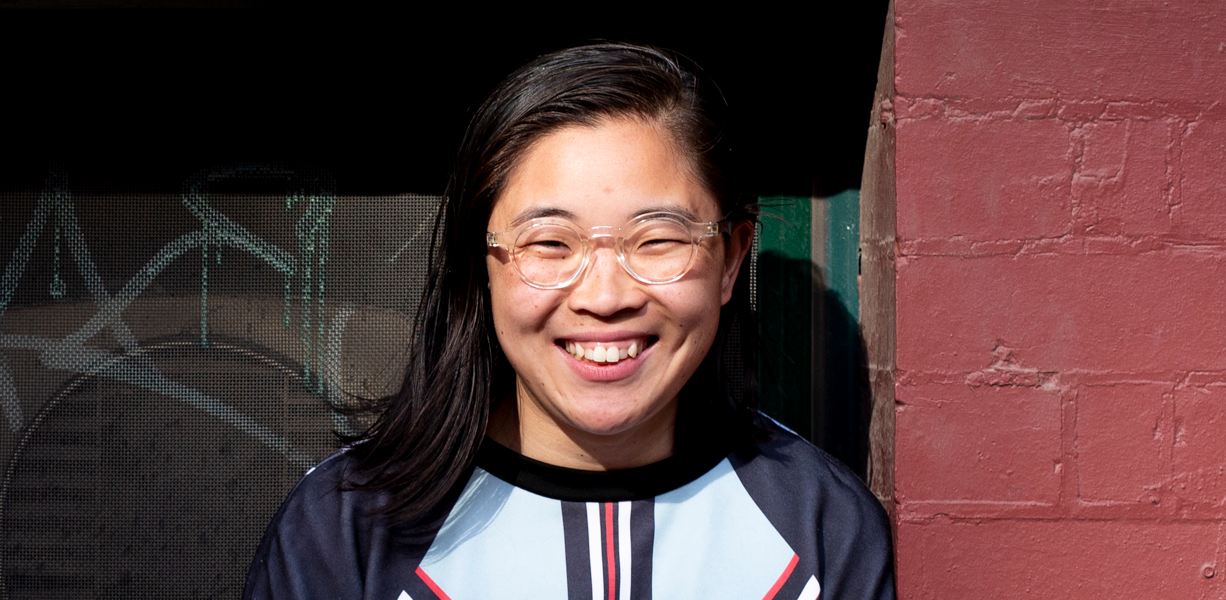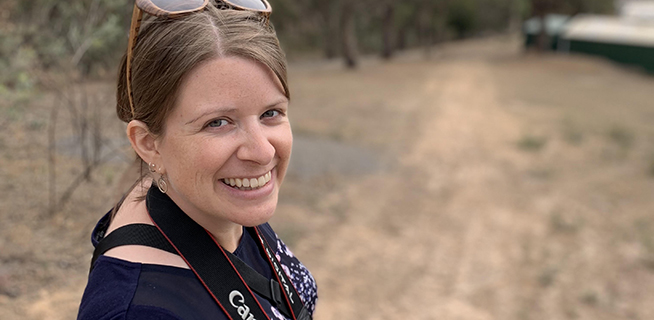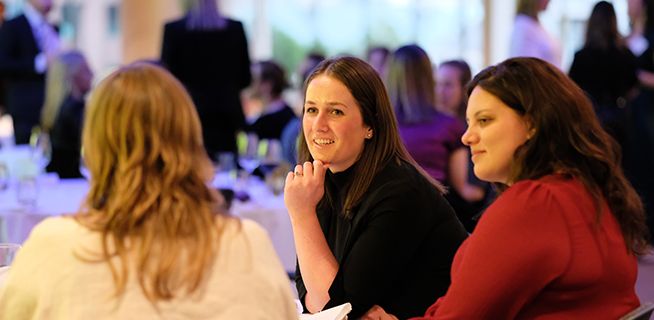Feature image: Visitors explore murals painted by participants at The Torch’s Mural Training Workshop at Siteworks Gallery, Brunswick, supported by the Pollinate Fund. Photo by Joshua San.

Making a difference doesn’t take millions of dollars: Linh Do
Linh Do is not the type of person who splashes in the shallows. Her climate activism began in a very public way at age 16 when she initiated the Change a Million Light Bulbs campaign



